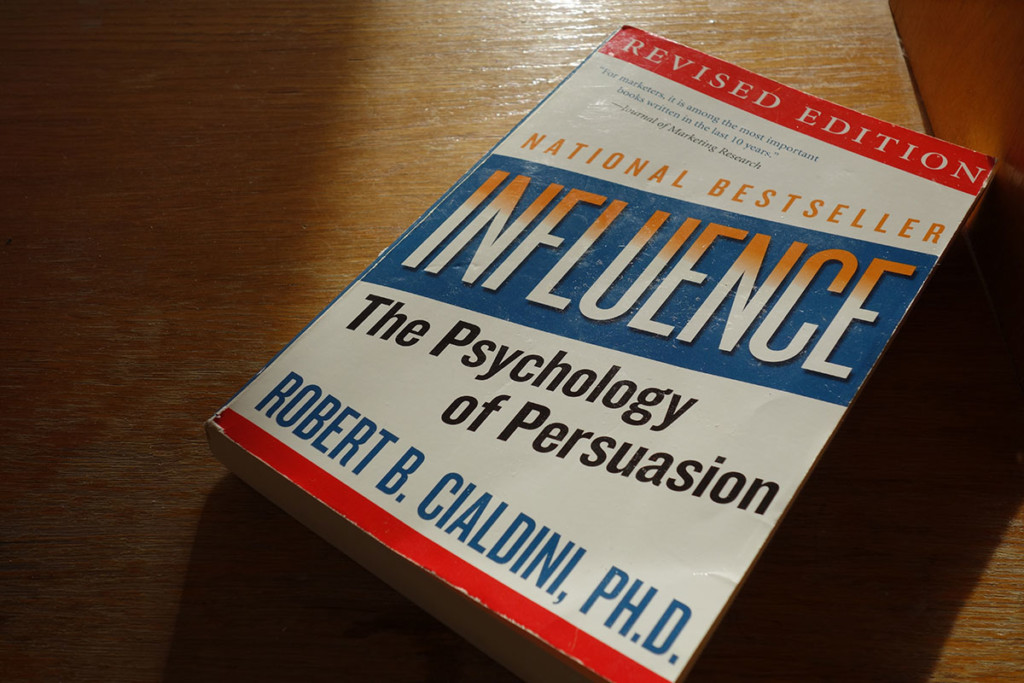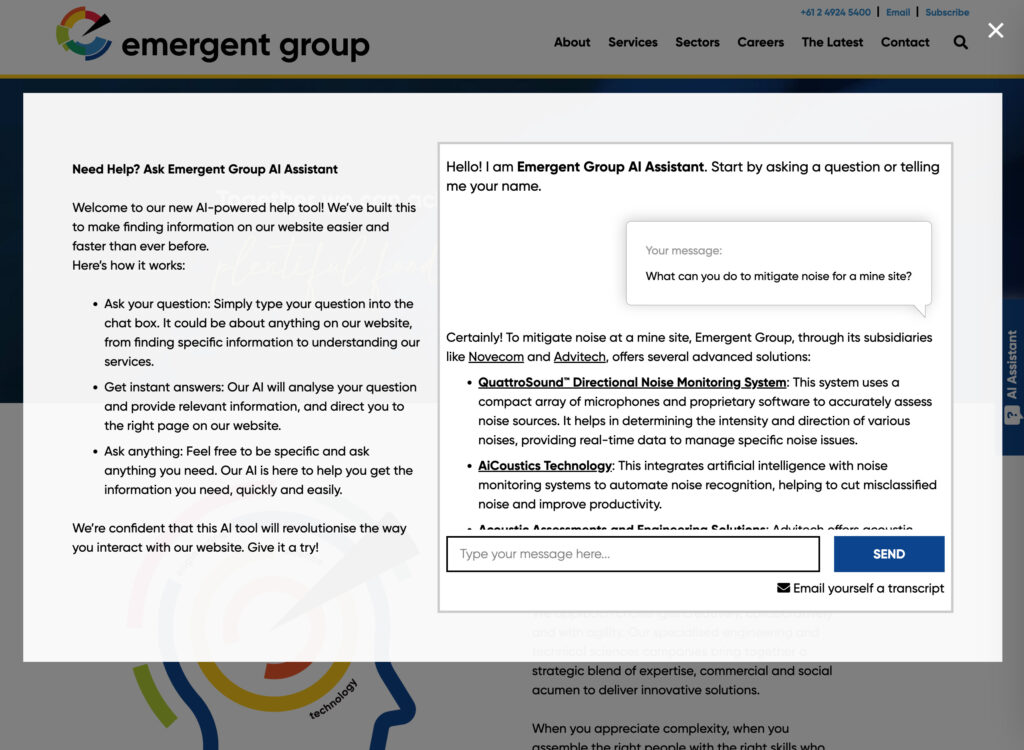This book is dangerous! In the wrong hands this book will teach someone how to sell you the Harbour Bridge! In your hands you will learn how you can do the same. Very interesting, and academically researched this book is a study of what motivates people to make both rational and irrational decisions.
If you have read anything on sales, marketing, self-motivation, coaching and motivating others, pitching, and negotiating, then chances are the concepts were inspired by, and founded in, this book.
The book describes with practical and well researched evidence the way we use programmed responses to deal with decision making. Most people are not aware they are doing so, which makes it all the more powerful if you understand them. In business, we are seeking to obtain the right kinds of answers to the questions we are asking our customers, suppliers, and prospects. We want them to make a decision to deal with us, so it is essential we are aware of what Cialdini calls the 6 key weapons of influence.
1. Reciprocation – Ever been sent a pen in the mail with your business name and contact details? There is also an order form. This is the reciprocation principle at work. People feel indebted by gifts and offers made to them, they may respond by giving back more time to listen to your pitch, to donate to a cause, or to buy your product or service over a competitors that did not lead with a gift or free sample.
“The implication is you have to go first. Give something: give information, give free samples, give a positive experience to people and they will want to give you something in return.”
2. Commitment and Consistency – People don’t like to be seen to be inconsistent, this is why we have such loyalty to our teams or our beliefs, that no amount of evidence is strong enough to change our minds on issues or subjects that align with our stated beliefs and commitments. We also value consistency, in others, but also in ourselves, which is why we find ourselves justifying an action that might seem at odds with accepted principles or behaviour. If you can get a commitment of principle on your offering, by asking for agreement, “You want to save money don’t you?” the yes response sets the path to commitment and consistency that you can build on by matching your offering positively with the principles of your customer. This is also where Simon Sinek’s Power of Why works. If your values and beliefs, the story that drives why you do what you do aligns with that of your customers and market, then you are appealing to their commitment and consistency.
3. Social Proof – People seek validation from their peers or people similar to them, if they see something in use by someone they equate themselves to or aspire to, then this will validate their decision to purchase the same product, same service, same brand. This is where influencer marketing is coming into its own. This is also where it becomes buyer beware as claims made by brands can be fake news. Infomercials with vox pops, and “ordinary people” giving testimonials. There was a famous case of a celebrity sprucing Samsung with tweets coming from an Apple device.
“Laugh tracks on comedy shows exist for this very reason”
4. Liking – Particularly in Australia where people often buy the person before the product, people tend to agree to offers from people they like. There are a number of factors that can influence this. Unfortunately for the author, but fortunately for you the reader, physical attractiveness is one, as are similarity, being paid compliments, sharing similar experiences, and humour. Ever been in a sales situation where you have been asked semi-personal questions and the sales person responds with a similar experience? I often find myself almost mirroring a person when I am speaking to them, it is a subconscious thing for me, but it is also a technique that can influence your ability to get an agreement from a negotiation.
“People prefer to say ‘yes’ to those they know and like”
Authority – People respect authority, so things like titles, clothing, presentation, anything that gives the appearance of authority can influence an agreeable decision. Blogs can work this way also, people visiting your website can see your authored articles on topics relating to your product and service can give an air of authority to your business and brand.
Scarcity – Buy now before they all disappear! People tend to lend a higher value on a product or service if it is seen to be restricted or limited, or exclusive. Think about how you can present your products or services so they appear to be in high demand and short supply.




